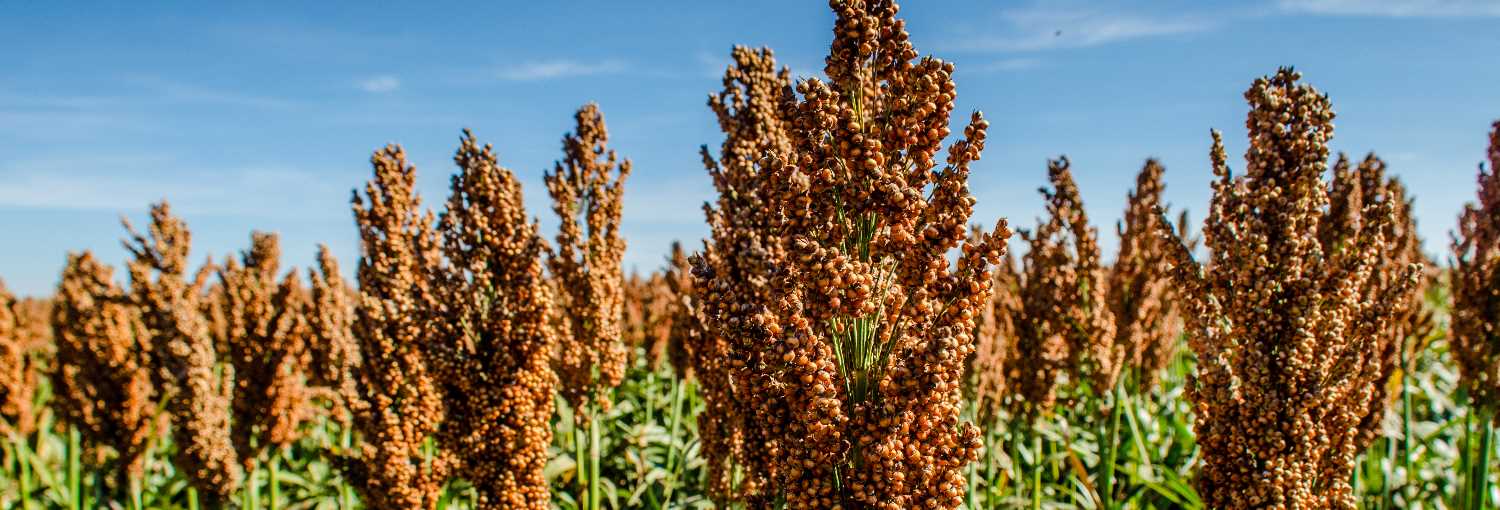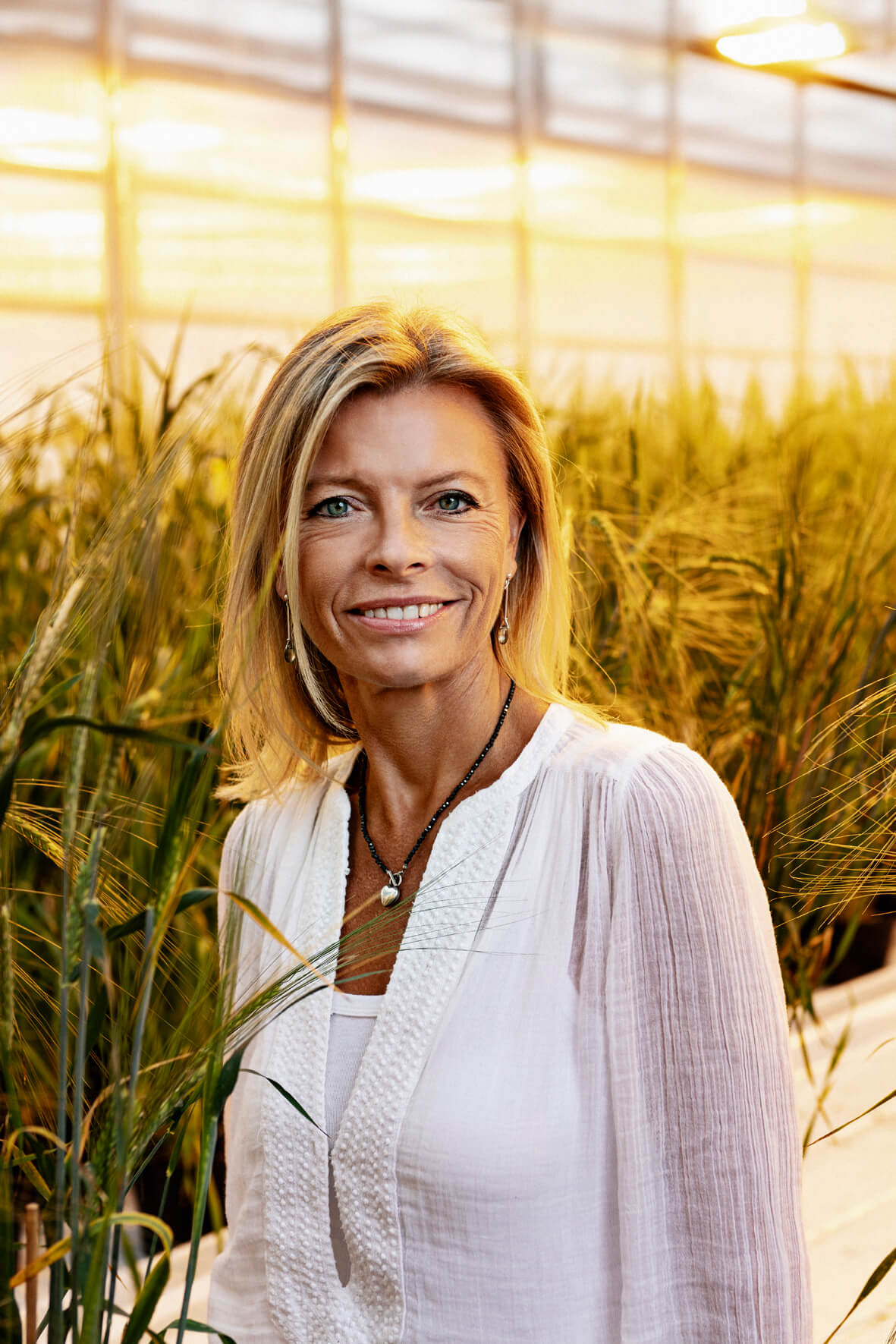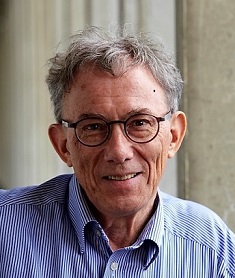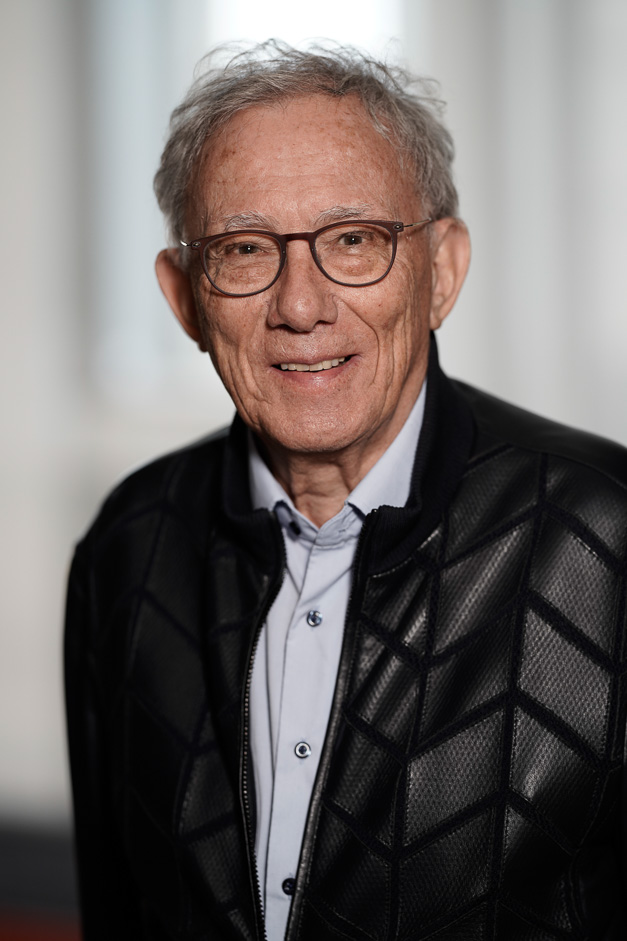Crops for the future
The research project “Crops for the future – Tackling the challenges of changing climates” is to show the way to improved sustainable food production while facing difficult production conditions in the future.

Humanity is facing huge challenges in orchestrating sustainable production of enough calories for food to a growing population and for livestock. This is key to eliminate societal inequalities and demands development of sustainable, robust high yielding crop varieties especially for the rainfed and semi-arid regions.
The aim is to provide solutions for future sustainable food production in rainfed and semi-arid regions. By promoting development of perennial grain crops for food and feed production, the soil sequestration of carbon will be dramatically increased. Likewise, more frequent seasonal climate extremes call for drought resistant crops of high nutritional value which can produce a robust yield in semi-arid regions. To address these challenges, our research will focus on two crops:
(1) Increasing yield in wheatgrass (Thinopyrum intermedium), a perennial grass closely related to wheat.
(2) Enhancing the yield, nutritional quality and disease and drought resistance in sorghum (Sorghum bicolor).
The resolved molecular basis for these trait improvements may be transferred to other cereal crops like barley.
This project is a collaboration between Carlsberg Laboratories and the University of Copenhagen. At UCPH Professor Birger Lindberg Møller will supervise the biosynthetic pathway exploitation in sorghum.
Partners:
 Birgitte Skadhauge Vice President, Carlsberg Group R&D E-mail: Birgitte.Skadhauge@carlsberg.com Phone: + 45 3327 5319 |
Birger Lindberg Møller |
Søren Knudsen
Principal Scientist and Project Leader at Carlsberg Research Laboratory |
Lead Scientist, Dr. Lee Dehaan, Land Institute
Support from Carlsberg ISC, Group Commercial and Corporate Affairs/Sustainability
Funded by:
 Crops for the future has received a 5 year funding from Carlsberg Foundation.
Crops for the future has received a 5 year funding from Carlsberg Foundation.
Project: Crops for the future - Tackling the challenges of changing climates
Period: 5 years (01.01.2021-31.12.2025)


 Birger Lindberg Møller
Birger Lindberg Møller